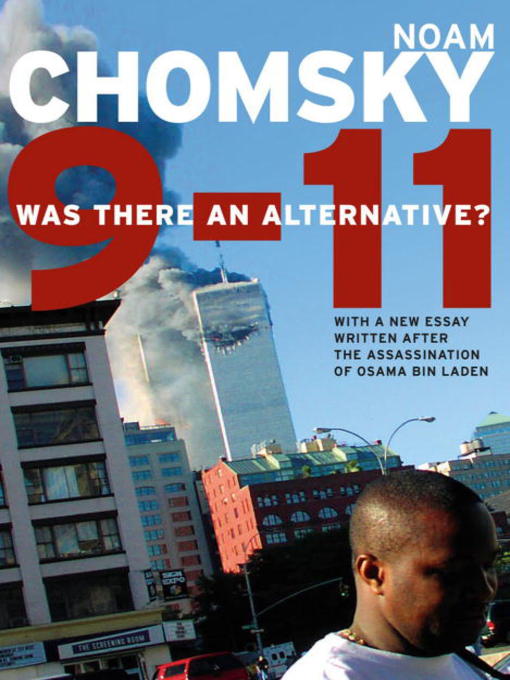-
Creators
-
Publisher
-
Release date
August 30, 2011 -
Formats
-
OverDrive Read
- ISBN: 9781609801540
-
EPUB ebook
- ISBN: 9781609801540
- File size: 2221 KB
-
-
Languages
- English
-
Reviews
-
Library Journal
March 1, 2002
MIT-based Chomsky revolutionized linguistics in the late Fifties, but for nearly as long he has been better known as an energetic and constructive debunker of American establishment politics and behavior. However, the current Chomsky contributes nothing to the legacy he established decades ago. These two most recent productions do not reveal systematic efforts to sustain or develop any aspect of his prolifically expressed critique; indeed, they are not so much authored as collaged, with Chomsky's sanction, from talks, after-talk Q&As, and interviews with generally converted interlocutors. Understanding Power draws mainly on vintage utterances from the Nineties, and its most penetrating passage takes on, of all pressing matters, literary theory. Chomsky, who is relentless in condemning the media as incapable of any function other than converting the masses to elite desires, just as relentlessly samples mainstream reporting sources for instances of corporate and government ill doings. In trying to illustrate that he is not a crude conspiracy theorist, he conveys the opposite impression. The shorter 9-11 could not have been planned, of course, though it mostly consists of interviews conducted while the calendar still read September, suggesting both the urgency Chomsky felt to get his perspective on the record and his utter disinclination to reexamine any of his cemented opinions about world affairs. Chomsky condemns the attacks specifically and then suggests that the deaths are entirely the responsibility of capitalist globalization, which nonetheless he asserts is irrelevant to the September 11 actors. However, consistency is even less a priority for Chomsky than humility. Apparently, Chomsky believes that he has discovered the concept of blowback, not to mention imbalance in coverage of the perpetual Israeli-Palestinian murder-and-misery fetish. For him, a direct line runs from Reagan's mining of Nicaragua's harbors to the flying of commercial airliners into buildings. 9-11 is a worthwhile purchase for public libraries intent on demonstrating (or risking) balance; Understanding Power is not half as useful as Chomsky's earlier, authentic innovations in political literature, especially Manufacturing Consent (coauthored with Edward Herman). Libraries truly wishing to ensure representation of the most lucid nonconventional opinion should first check that their subscriptions to the Nation a proud carrier of Chomsky for 40 years are current. Scott H. Silverman, Bryn Mawr Coll. Lib., PACopyright 2001 Library Journal, LLC Used with permission.
-
Loading
Why is availability limited?
×Availability can change throughout the month based on the library's budget. You can still place a hold on the title, and your hold will be automatically filled as soon as the title is available again.
The Kindle Book format for this title is not supported on:
×Read-along ebook
×The OverDrive Read format of this ebook has professional narration that plays while you read in your browser. Learn more here.

